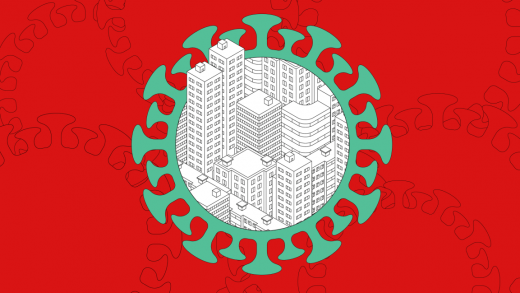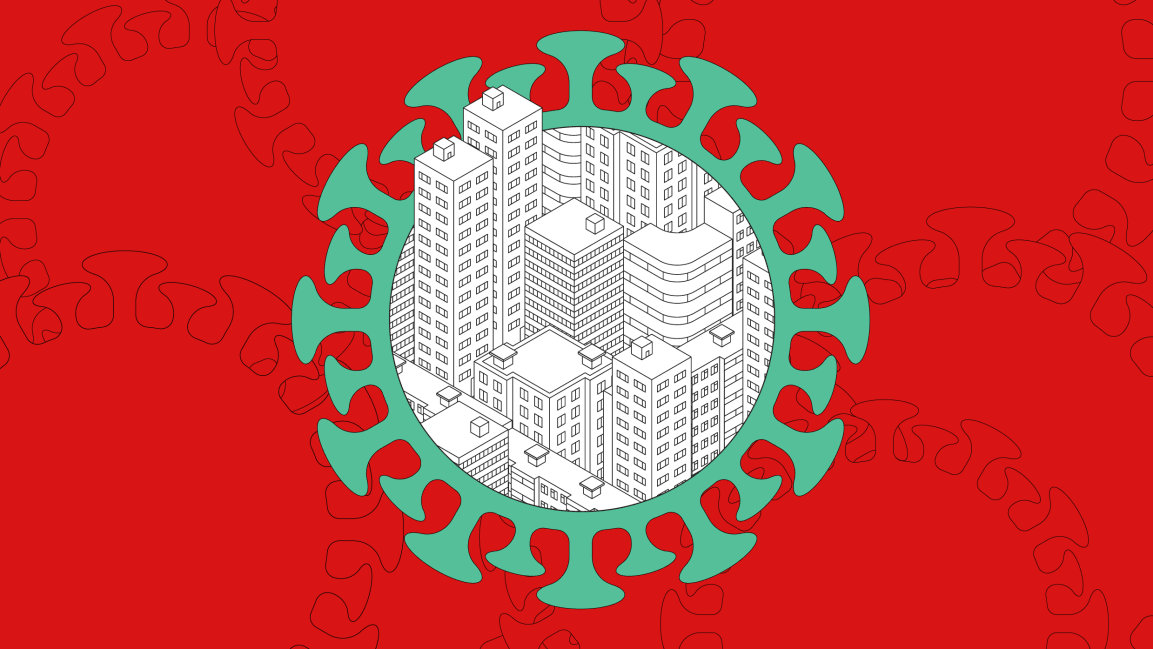Cities are starting to ban evictions to help workers affected by the coronavirus response
Someone trying to survive in the Bay Area with a minimum-wage job probably can’t pay rent if they miss one paycheck. But as people increasingly avoid public places because of the new coronavirus, workers (especially those who work for tips) are losing money quickly. And if anyone becomes sick, they’ll be forced to miss work for 14 days of quarantine. If schools close, parents will also miss work. The entire environment is making it more likely that some people may not have enough money to pay essential bills. So in San Jose, the city council voted today to begin work on a plan to temporarily ban evictions due to the epidemic.
“Anyone who has lost income and is no longer able to pay rent, we want to do everything we can to keep them housed,” San Jose mayor Sam Liccardo said in a press conference last week. “We know it’s a public health and public safety issue if thousands of residents are being pushed out onto the street.”
The moratorium will require tenants who can’t pay to notify landlords before rent is due, and then provide pay stubs and a note from their employer to prove that they’ve been directly affected by the current coronavirus outbreak. Tenants will still have to pay at a later point when they can; as the city figures out how to implement the moratorium, it’s also looking into sources of support to help people pay, including existing funding for homelessness prevention. In a 10-0 vote today, the council decided to move forward with work on the moratorium, asking the city attorney to work on an emergency ordinance to end evictions, and will return in one to two weeks to vote on the ordinance itself, with the hope to have protection in place before rents are due on April 1.
Santa Clara County, where San Jose is located, had one of the U.S.’s first confirmed cases of “community-spread” coronavirus on February 28, and as of today, has more than 40 total confirmed cases. (Because of slow testing in the United States, the actual number of people who are infected is almost certainly higher.) The county has banned large events to try to stop the spread of the illness. Apple, Google, Twitter, and other large employers in the area have asked workers to work from home when it’s possible—but, of course, the lowest-wage workers in Silicon Valley usually don’t have that option and may be more likely to be exposed to the virus. The city has also announced it will stop forcing homeless encampments to move and confiscating their things as it hopes to mitigate the spread among that at-risk population.
California law requires a small amount of paid sick leave, though not enough to cover a potential 14-day quarantine if someone may be infected; some workers may be able to file disability insurance claims for short-term payments. Nationally, Democrats in Congress are also trying to push forward a sick leave bill that would include two weeks of sick leave in a public health emergency. A poll in 2016 found that 65% of low-paid American workers typically still go to work when they have a cold or the flu. Half of restaurant workers say that they go to work when they’re sick. Knowing that they won’t lose their apartment might help convince some workers to stay home. In Italy, in a similar move, the government plans to temporarily suspend mortgage payments during the outbreak.
San Francisco is also considering legislation to ban evictions for tenants who can’t pay rent because of the coronavirus outbreak. “We know that as a result of the state of emergency and the government-recommended precautions that many folks have already been experiencing income loss in the city, and that further income loss is anticipated, if not certain, in the weeks to come, leaving tenants in particular vulnerable to eviction,” Dean Preston, a member of the San Francisco Board of Supervisors, said at a press conference today as he introduced the legislation. The measure would also ban temporarily ban late fees when someone can’t pay rent because of the coronavirus crisis.
The Board of Supervisors is also considering expanding its existing sick leave law so that people won’t have to use up their limited sick days because of the public health emergency. Many people are losing work because business has declined in the area—as conferences and other large events have been canceled, hotels and restaurants are particularly feeling the impact.
Another ordinance under consideration in San Francisco would give small businesses rent stabilization loans, while a potential resolution would ask banks to stop foreclosures and fees during the coronavirus outbreak. Some businesses in the state may apply for California’s work-sharing program, which lets them temporarily reduce hours and use state unemployment insurance to keep workers on staff. Another proposed resolution in San Francisco would support employees who are laid off or furloughed because of the virus.
As the virus spreads, other cities may adopt similar measures. (Seattle, for one, plans to announce new actions in the coming days.) In San Francisco, with some of the highest housing costs in the country, it’s particularly critical. “This is a public health crisis, and we need to make sure that it doesn’t create a whole new housing crisis in the upcoming weeks,” Preston said at the press conference. “Right now, being secure in one’s home is absolutely essential. And it’s one of the best ways that we can prevent spread of coronavirus.”
(14)



